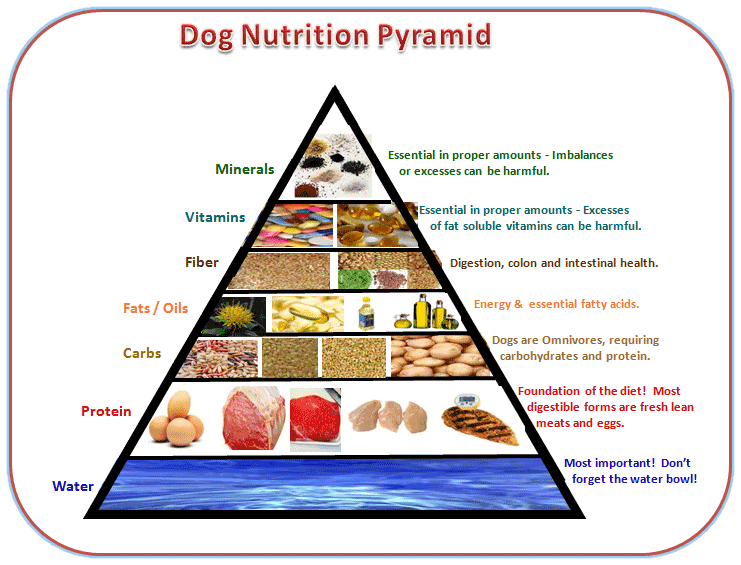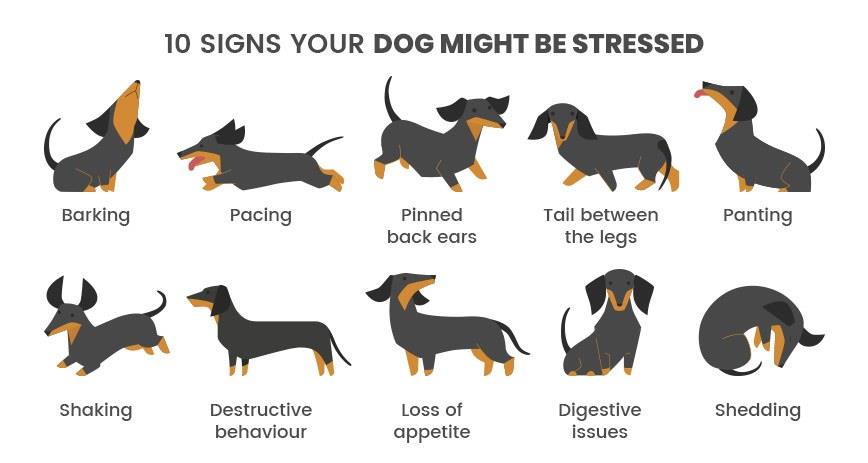Your pet’s health and happiness hinge on meeting its basic needs. Top on this list is nutritional requirements specific to your pet’s species, age, and health status. A balanced diet will not only maintain your pet’s physical health but also its mental well-being.

Next is the importance of regular exercise and mental stimulation. Physical activities keep your pet’s weight in check, strengthen its immune system and are a great way to enrich its mental life.
Finally, never underestimate the need for regular vet check-ups and vaccinations. Routine vet visits help in early detection of diseases and effective vaccination ensures your pet is protected from preventable illnesses.
The Importance of a Balanced Diet for Pets
Ensuring your pet maintains a balanced diet is pivotal to their overall health and wellbeing. A balanced diet not only keeps your pet’s weight in check but also boosts their immunity.
Overview of Commercial Pet Food Options
Commercial pet foods are often a popular choice due to their convenience and balanced nutritional content. However, it’s important to select high-quality options that are free from harmful additives. Always check the ingredients to ensure they’re appropriate for your pet’s specific dietary needs.
Homemade Food for Pets: Benefits and Risks
While homemade pet food allows you to control the ingredients, it can be difficult to achieve the right balance of nutrients. Consult with a veterinary nutritionist before shifting to a homemade diet.
Essential Nutrients and Vitamins for Pet Health
Proteins, carbohydrates, fats, vitamins, and minerals are essential for your pet’s health. Remember, the nutrient requirements can vary based on age, breed, and health condition of your pet.
How to Avoid Pet Obesity and Related Health Issues
Overfeeding and lack of exercise can lead to pet obesity. Regular check-ups, portion control, and daily physical activities can help in maintaining a healthy weight.
The Critical Role of Regular Exercise and Mental Stimulation in Pet Health
Physical activity isn’t just essential for us humans, it’s crucial for our pets too. Regular exercise plays a pivotal role in maintaining the overall health of our pets, including cardiovascular health, joint health and weight control. It’s also vital for their mental well-being, reducing anxiety and behavioural problems.
Suitable Exercises for Different Types of Pets
Each type of pet requires different forms of exercise. Dogs, for instance, benefit from daily walks and play, while cats often prefer interactive toys. Birds require flight time outside their cages, and even small animals like rabbits and guinea pigs need time to roam freely.
Interactive Toys and Games for Mental Stimulation
Exercise isn’t solely about physical activity. Mental stimulation is equally crucial. Interactive toys and games can serve the purpose, providing both entertainment and mental workout for your pets. Using puzzle toys for dogs, or laser pointers for cats, can keep your pet’s mind sharp and engaged.
Balancing Rest and Activity
Finally, while exercise and mental stimulation are vital, it’s equally important to balance these with adequate rest. Like us, pets need downtime to recharge and rejuvenate. Ensure your pet gets enough sleep and quiet time for a happy, healthy life.
By ensuring regular exercise, mental stimulation, and a balanced rest schedule, we can help our pets lead longer, happier lives.
Regular Health Check-ups and Vaccinations for Your Pets
Regular veterinary check-ups are the cornerstone of maintaining your pet’s health. It’s recommended to schedule routine vet visits at least once a year. These visits typically include a complete physical examination, dental check, and necessary vaccinations.
Common Health Issues in Pets
Pets, just like humans, can be prone to a number of health issues. Some common ones include dental disease, obesity, arthritis, diabetes, and skin conditions. Early detection through regular vet visits can significantly improve your pet’s prognosis.
The Importance of Preventive Healthcare
Preventive healthcare, which includes vaccinations, flea and tick treatments, and regular worming, plays a crucial role in ensuring your pet’s long-term health.
Dental Care for Pets: A Crucial Element for Longevity
As a responsible pet parent, it’s essential to acknowledge the significance of dental care in pets. Poor dental hygiene can lead to severe health consequences, such as tooth loss, painful abscesses, and systemic diseases, affecting the heart and kidneys.
Tips for Brushing Your Pet’s Teeth
- Introduce the toothbrush gradually, allowing your pet to get accustomed to it.
- Use a pet-specific toothpaste that is safe for them to swallow.
- Brush gently in a circular motion, focusing on the gum line.
- Be patient and reward your pet afterwards to create a positive association.
Dental-Friendly Toys and Treats
Dental toys and treats can be effective tools in maintaining your pet’s oral health. These are designed to reduce plaque and tartar build-up, promoting healthier gums and teeth.
The Role of Grooming in Pet Health
Regular grooming plays an integral role in your pet’s overall health and happiness. It’s not merely a luxury; it’s a necessity. Grooming contributes to a healthier coat and skin by removing dead hair and skin, distributing natural oils evenly across the coat, and enhancing blood circulation. This process significantly lowers the likelihood of skin diseases and infections.
Detecting Abnormalities During Grooming Sessions
Grooming sessions also offer an excellent opportunity to check for abnormalities such as lumps, rashes, or parasites. Early detection can lead to quicker treatment and improved prognosis.
Tips for Stress-Free Grooming at Home
Not every pet enjoys grooming. However, establishing a routine and using the right tools can make the process less stressful. Always use pet-friendly grooming products and consider rewarding your pet afterwards to make the experience positive.
Understanding Your Pet’s Emotional Well-Being
For your beloved pet to lead a longer, happier life, it’s crucial to monitor their emotional well-being. Pets often mirror human emotions, exhibiting signs of stress and anxiety when not feeling their best. They may show behaviours such as excessive barking, destructive chewing, or changes in eating habits. Recognising these signs early can greatly improve your pet’s quality of life.
The Role of Social Interaction and Companionship
Social interaction and companionship are integral to the emotional health of your pet. Regular playdates with other pets and quality time spent with family can boost your pet’s mood and reduce anxiety.
Adapting to Changes in Environment and Routine
Pets, like humans, thrive on routine. Abrupt changes in their environment or daily schedule can lead to stress. Introduce changes gradually and ensure they feel safe during the transition. Moving house, for instance, can be a stressful time for pets, but proper planning can alleviate this.
Ageing and End-of-Life Care for Your Pet
Ageing pets require special considerations to ensure they live their twilight years in comfort. Just like their human counterparts, older pets may experience a decline in physical and cognitive functions. Changes in behaviour, appetite, or physical activity could signal discomfort or illness. Regular vet visits are crucial for early detection and treatment of age-related diseases.
It’s vital to observe changes in your pet’s behaviour or demeanor. Unexplained weight loss, reduced mobility, or changes in eating habits could indicate underlying issues. One of the most challenging aspects of pet ownership is making end-of-life decisions. Assessing your pet’s quality of life and considering euthanasia can be heartbreaking but at some point, it can be the kinder option.


